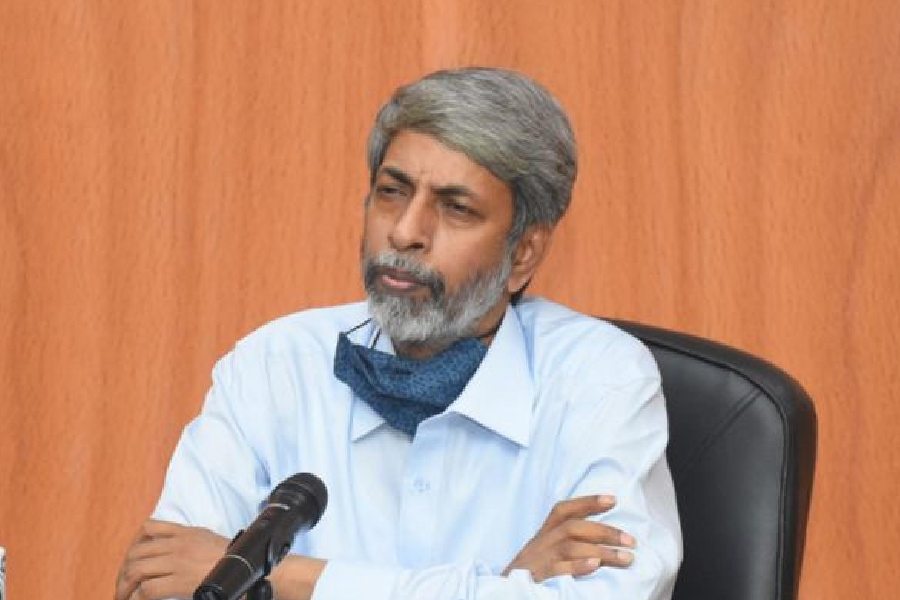Steel Authority of India Ltd (SAIL), the country’s largest steel maker, is considering joining the government’s Critical Mineral Mission — a push to secure domestic supplies of key minerals for clean energy technologies.
SAIL chairman Amarendu Prakash told reporters on the sidelines of the ISA Steel Conclave that “we will be watching this mission closely and seeing what opportunities are there for SAIL”.
The government’s budget for 2024-25 had allocated funds for the mission, which aims to boost domestic production, recycling, and overseas acquisitions of critical minerals.
The Critical Mineral Mission also aims to strengthen the value chains by enhancing technological, regulatory, and financial ecosystems to foster innovation, skill development, and global competitiveness in mineral exploration, mining, beneficiation, processing, and recycling.
So far, SAIL has been looking at minerals that are used for steel making, the chairman said, adding that the critical minerals segment is a separate area.
“We are not into that space (critical mineral) till now but since the government has announced a Critical Mineral Mission, we will just explore. We will look at it,” he said.
Critical minerals such as cobalt, copper, lithium, nickel and rare earths play a crucial role in the production of clean energy technologies from wind turbines to electric cars.
The government plans to offer financial incentives for critical mineral development, including lithium, and secure loans from multilateral institutions.
It will also prioritise global research and development collaboration and provide targeted subsidies for overseas asset acquisitions.
There are plans to ramp up the capacity of ICVL from the current 2 million tonnes per annum (MTPA) to 4.5 MTPA in three to four years.










